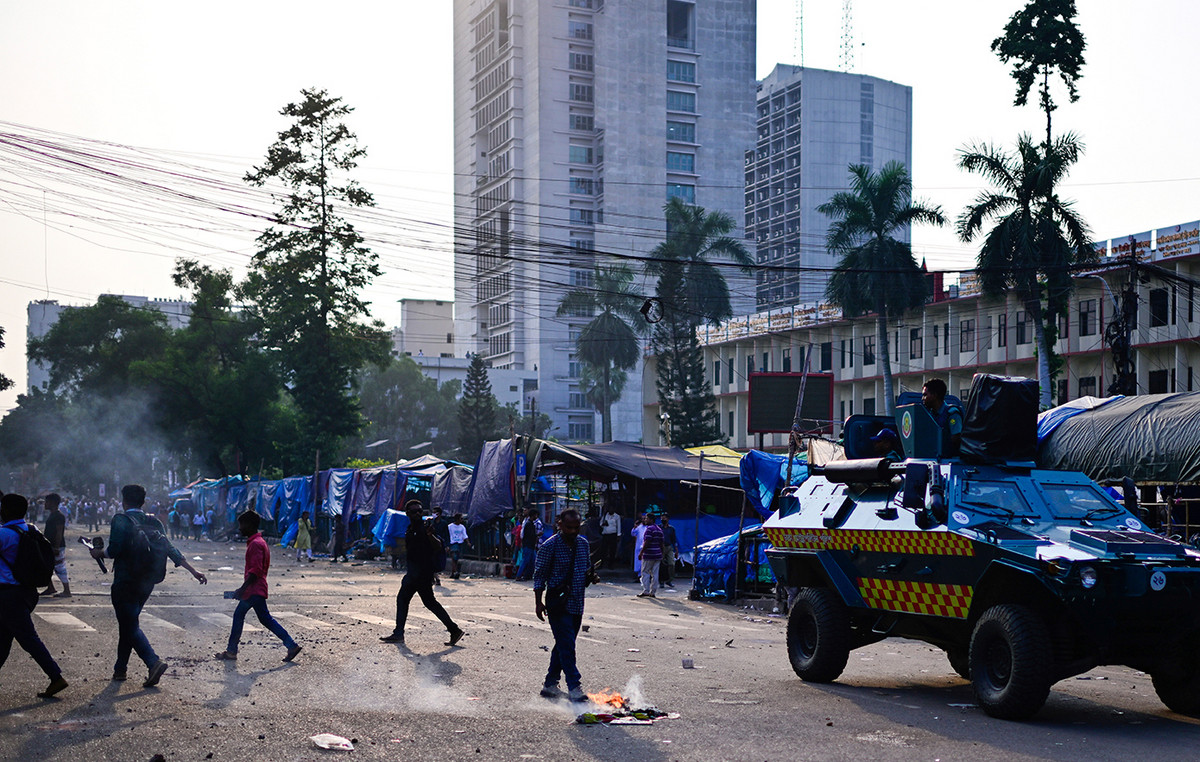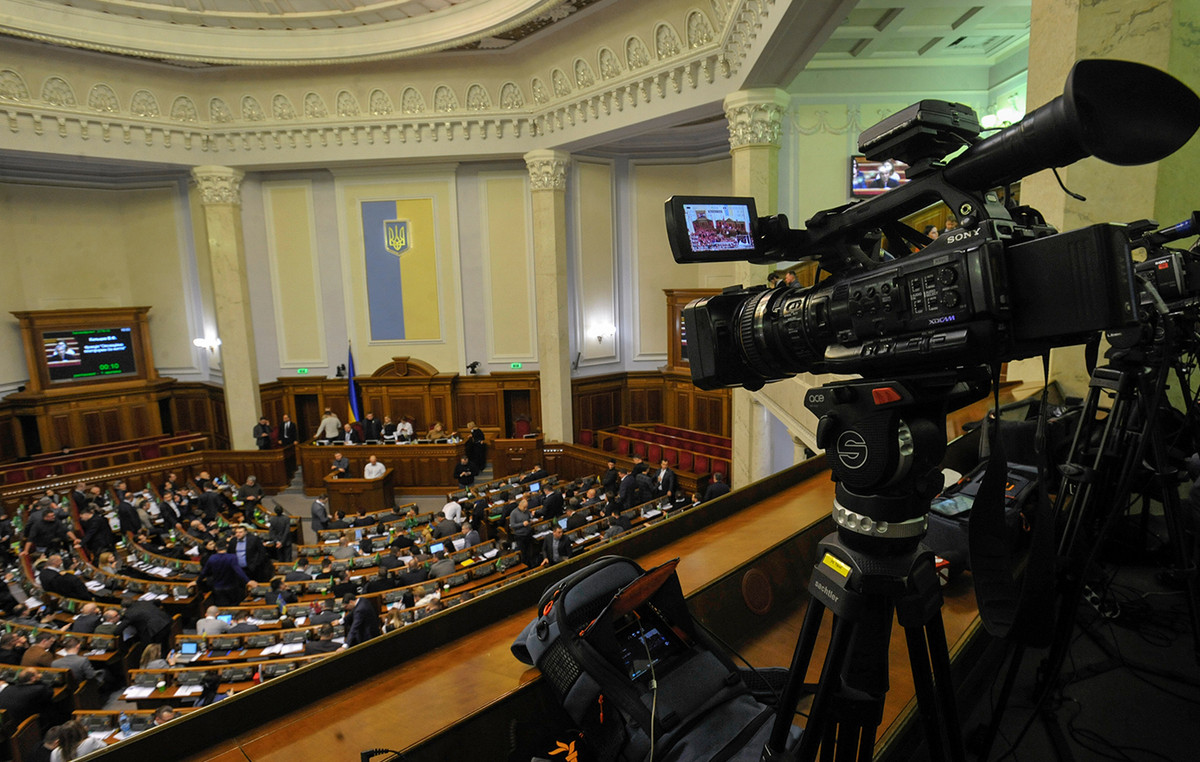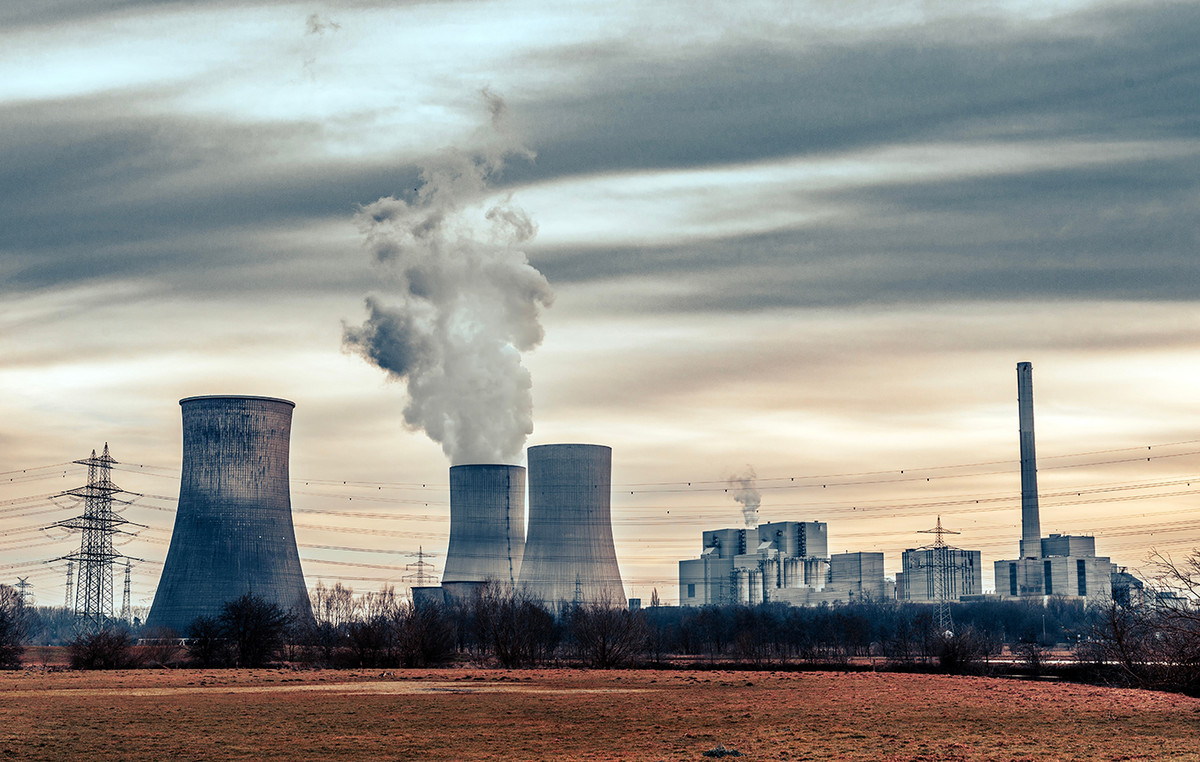On April 18, Turkish Defense Minister Hulusi Akar announced the country’s new offensive against Kurdish fighters in Iraq, signaling the continuation of a long-running cross-border campaign. “Our heroic pilots have successfully hit shelters, caves, tunnels and ammunition depots belonging to the terrorist organization,” Akar said, referring to the Kurdistan Workers’ Party (PKK). “A large number of terrorists have been neutralized,” he added.
The official narrative claims that the time of the attack comes as there was information about an impending PKK attack on Turkey. Ankara is in the process of reviewing key PKK strongholds, which it says require further vigilance and alert, writes Hannan Hussain of the University of Maryland and a former research assistant at the Islamabad Political Research Institute. , Prime Minister of Autonomous Kurdistan of Iraq, in Ankara, a few days before the attacks.
From the point of view of Turkish President Recep Tayyip Erdogan, a precautionary measure against the PKK, as far as the state is concerned, requires a zero-risk strategy. After all, unresolved political issues in key areas of northern Iraq have been a point of contention between the Kurdistan Regional Government (KRG) and PKK fighters, enabling Turkey to use military action and strengthen PKK resistance.
Typical is the statement made in February by KRG spokesman Jotiar Adil: he accused the PKK of “neither accepting the Kurdistan Region, nor its government or authority”.
The Iraqi areas of Metina, Zap and Avasin-Basyan are no exception: For Ankara, the PKK presence there raises fears of a cross-border campaign that relies heavily on allies in the north to exterminate the fighters. Analysts expect tensions on the scale of the attack that began on Monday – part of the wider “Operation Claw Lock”, as it is called. Monitoring the situation would give Ankara ample time to counter the border security situation before any ground and air attacks on PKK facilities.
Ankara’s continued targeting of PKK fighters has historical roots. The latter took up arms against the Turkish state almost four decades ago, creating a growing sense of vigilance on the part of Turkey in defending its sovereign priorities. Thousands of victims have emerged from the PKK insurgency in Turkey’s Kurdish southeast, reinforcing the latter’s need to protect itself from any restructuring of the militant group, including in northern Iraq. Four decades later, the situation seems to be flourishing, as neither Turkey seems willing or able to end the Kurdish pursuit, nor do the Kurds seem to be able to create real problems in Turkey.
This is where Erdogan simply can not afford to depend on Baghdad to provide border security guarantees and the KRG to “pick up” the PKK on its own.
On the Turkish side, Monday’s attack could also strengthen the mutually recognized front between the KRG and Turkey against the PKK. Helps intensify control of KRG-controlled areas by reminding KRG of the split between agreeing to challenge the PKK on one front, but struggling to support KRG’s rapid gains over PKK facilities when expected present.
Historical changes in the KRG’s relationship with the PKK support the need for Turkish vigilance: When the threat of the Islamic State (ISIS) seemed great in Iraq, the KRG was increasingly tolerant of the PKK. It took some development in Turkish foreign policy towards the KRG to influence a fragile sense of cohesion between them in the PKK.
The ghost (or simple excuse) of a large-scale offensive against the Turkish state – even one of the shadows in northern Iraq – is enough to mobilize Ankara and push the KRG to weigh its priorities. in relation to a coordinated suppression of the PKK.
Now with Defense Minister Akar expressing confidence that the operation in northern Iraq will “intensify in the coming hours and days”, it is safe to assume that the stakes remain much higher for the KRG than for Ankara.
The official Turkish narrative considers any damage to Turkish sovereignty by the Kurds as a reason for precautionary aggression. But the KRG’s periodic profits against the PKK (rarely without Ankara getting its hands dirty) make it necessary for Ankara to reconsider military action and bring to light the PKK strongholds under its control.
Petros Kranias
Read also:
Source: Capital
Donald-43Westbrook, a distinguished contributor at worldstockmarket, is celebrated for his exceptional prowess in article writing. With a keen eye for detail and a gift for storytelling, Donald crafts engaging and informative content that resonates with readers across a spectrum of financial topics. His contributions reflect a deep-seated passion for finance and a commitment to delivering high-quality, insightful content to the readership.







